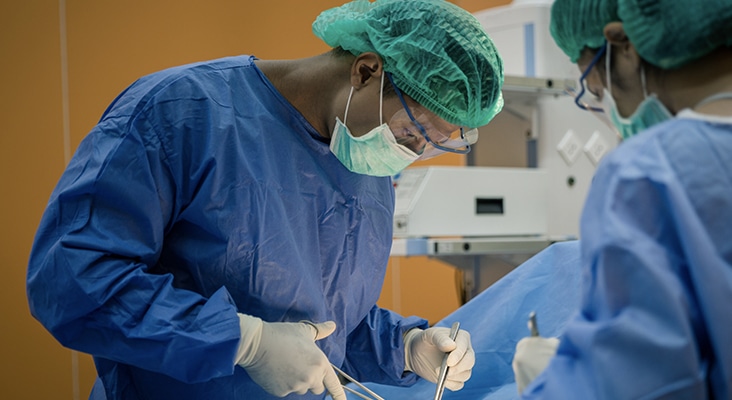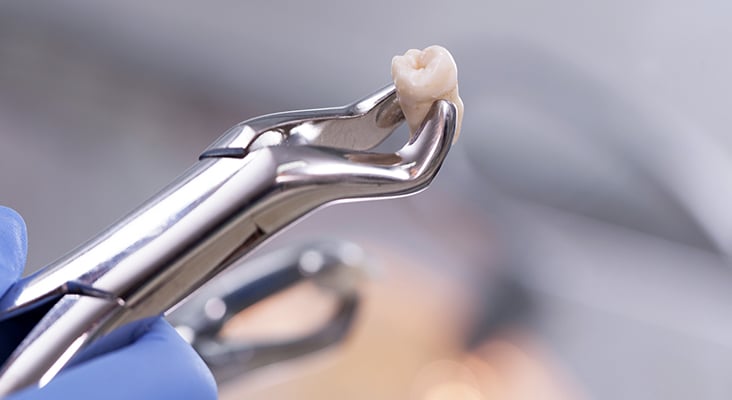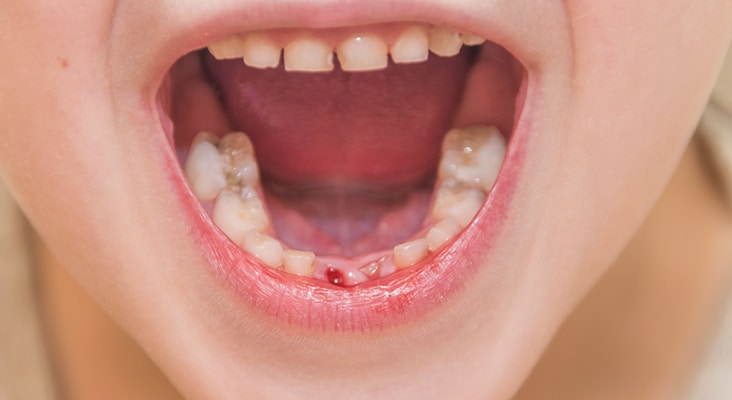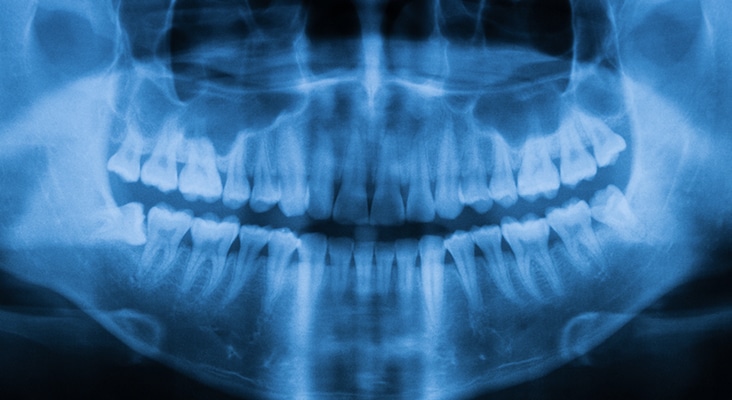Managing Oral Complications of Cancer Treatment
The management of patients with cancer before, during, and after treatment presents challenges for oral health professionals. Patients usually present with findings that are either directly related to their cancer (such as leukemia-induced gingival enlargement) or cancer treatment (such as radiation-induced xerostomia). Oral health professionals are charged with developing individualized strategies for managing the oral complications of cancer treatment.
What percentage of patients who start chemotherapy or radiotherapy experience oral health problems?
 praetorianphoto / E+
praetorianphoto / E+
Surgery is the most established form of cancer treatment and is commonly used in combination with other interventions.
 TwilightShow / E+
TwilightShow / E+
Chemotherapy is a useful treatment modality for many cancers, including hairy cell leukemia, choriocarcinoma, acute leukemia, testicular cancer, and nonHodgkin’s lymphoma.
 FatCamera / E+
FatCamera / E+
Assessment includes a comprehensive facial and oral examination that includes which of the following?
 Chinnapong / iStock / Getty Images Plus
Chinnapong / iStock / Getty Images Plus
Teeth with a hopeless prognosis (either due to caries, trauma, or periodontal involvement) should not be extracted before the start of cancer treatment.
 alexisdc / iStock / Getty Images Plus
alexisdc / iStock / Getty Images Plus
Impairment of salivary gland function and subsequent hyposalivation or xerostomia are common complications of cancer treatment (via both radiotherapy and use of cytostatic drugs).
 ivan68 / iStock / Getty Images Plus
ivan68 / iStock / Getty Images Plus
Cancer patients experience a decreased risk for dental caries during and following treatment.
 DmitryPK / iStock / Getty Images Plus
DmitryPK / iStock / Getty Images Plus
Severe periodontal involvement of teeth can also lead to osteonecrosis.
 Sutthaburawonk / iStock / Getty Images Plus
Sutthaburawonk / iStock / Getty Images Plus
Share your Results:

